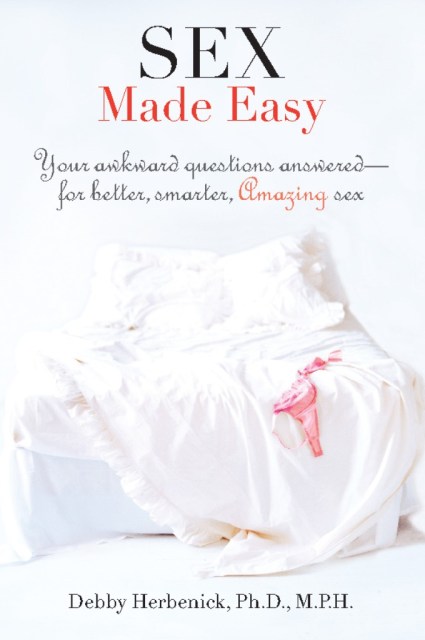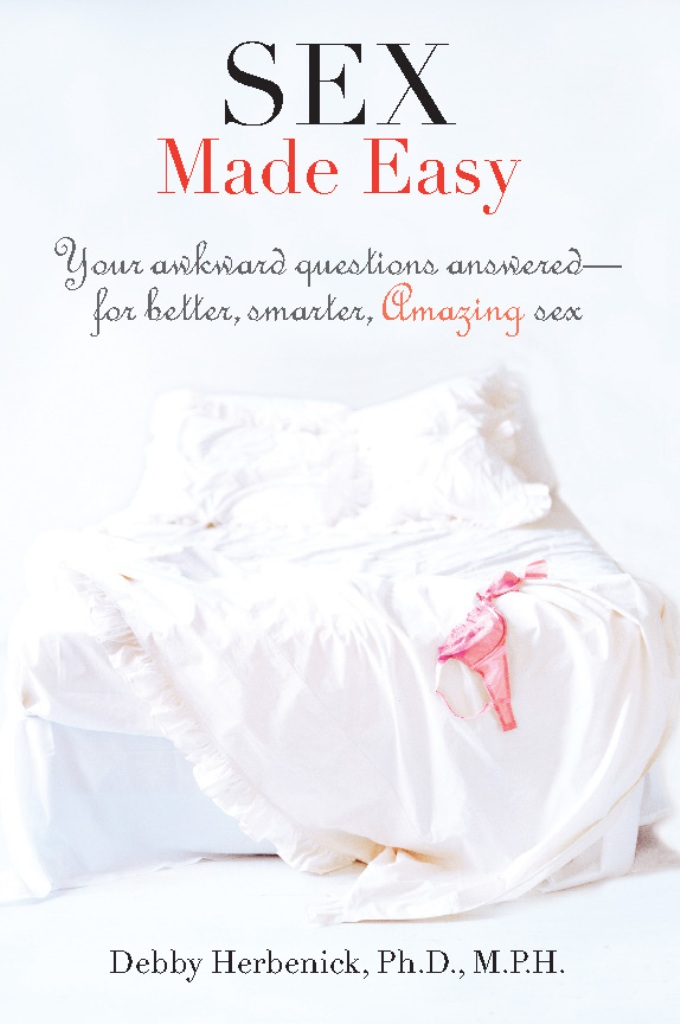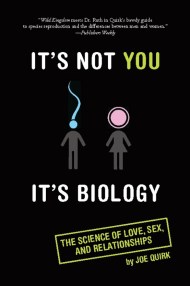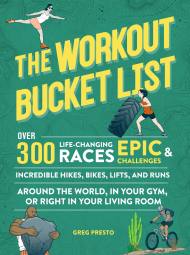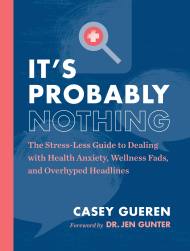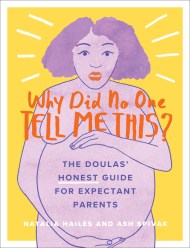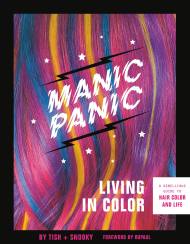Promotion
Use code MOM24 for 20% off site wide + free shipping over $45
Sex Made Easy
Your Awkward Questions Answered-For Better, Smarter, Amazing Sex
Contributors
Formats and Prices
Price
$9.99Price
$12.99 CADFormat
Format:
ebook $9.99 $12.99 CADThis item is a preorder. Your payment method will be charged immediately, and the product is expected to ship on or around April 3, 2012. This date is subject to change due to shipping delays beyond our control.
Also available from:
Genre:
- On Sale
- Apr 3, 2012
- Page Count
- 272 pages
- Publisher
- Running Press
- ISBN-13
- 9780762444960
Newsletter Signup
By clicking ‘Sign Up,’ I acknowledge that I have read and agree to Hachette Book Group’s Privacy Policy and Terms of Use
